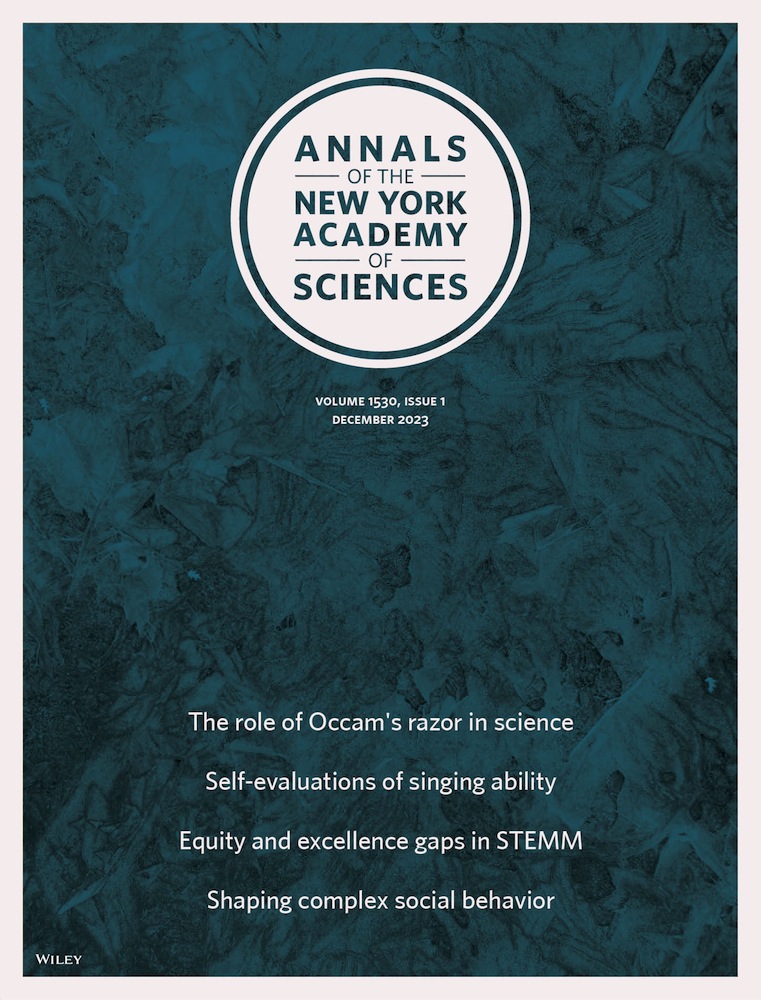神经形态工程:人工智能的人工大脑
IF 4.1
3区 综合性期刊
Q1 MULTIDISCIPLINARY SCIENCES
引用次数: 0
摘要
神经形态工程是一门试图弥合神经科学与工程学、认知与算法以及自然智能与人工智能之间差距的研究学科。神经形态工程有望带来革命性的突破,迅速增进我们对大脑的了解,并为实现更像人类、更可持续的人工智能铺平道路。但首先,它必须走出实验室。本文章由计算机程序翻译,如有差异,请以英文原文为准。
Neuromorphic engineering: Artificial brains for artificial intelligence
Neuromorphic engineering is a research discipline that tries to bridge the gaps between neuroscience and engineering, cognition and algorithms, and natural and artificial intelligence. Neuromorphic engineering promises revolutionary breakthroughs that could rapidly advance our understanding of the brain and pave the way toward more human-like and sustainable artificial intelligence. But first, it will have to find its way out of the laboratory.
求助全文
通过发布文献求助,成功后即可免费获取论文全文。
去求助
来源期刊

Annals of the New York Academy of Sciences
综合性期刊-综合性期刊
CiteScore
11.00
自引率
1.90%
发文量
193
审稿时长
2-4 weeks
期刊介绍:
Published on behalf of the New York Academy of Sciences, Annals of the New York Academy of Sciences provides multidisciplinary perspectives on research of current scientific interest with far-reaching implications for the wider scientific community and society at large. Each special issue assembles the best thinking of key contributors to a field of investigation at a time when emerging developments offer the promise of new insight. Individually themed, Annals special issues stimulate new ways to think about science by providing a neutral forum for discourse—within and across many institutions and fields.
 求助内容:
求助内容: 应助结果提醒方式:
应助结果提醒方式:


